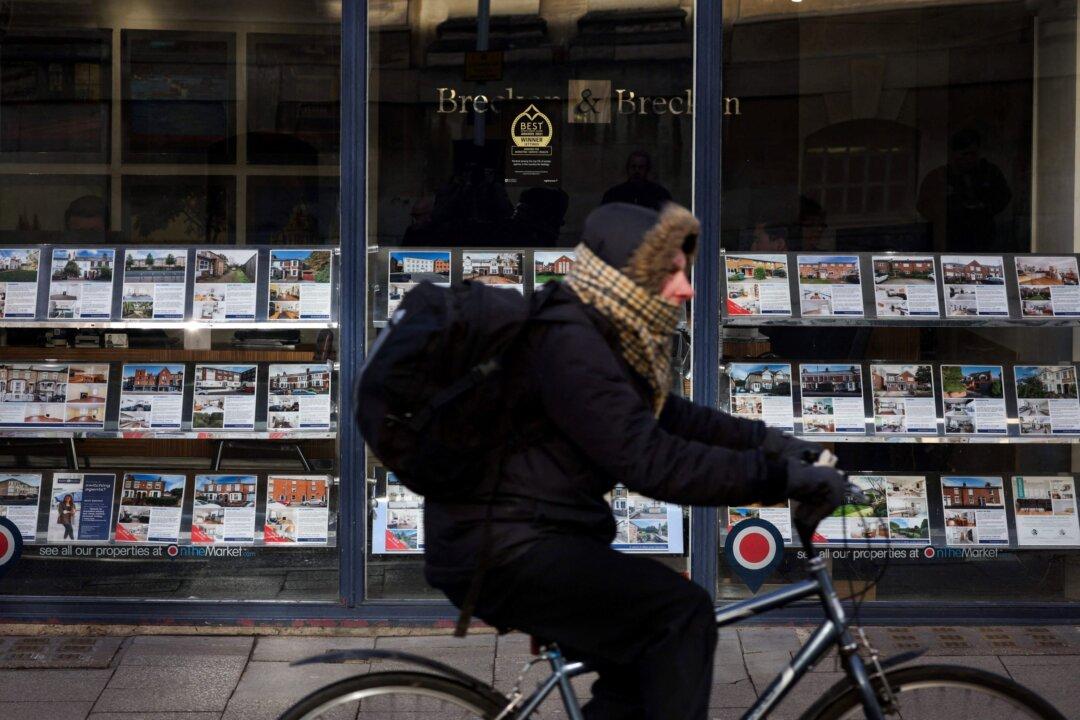The concept of 15-minute cities is advancing in Canada, as is a backlash from those who regard it as a threat to freedom.
The framework, pioneered in 2015 at the Paris COP21 climate summit by the French-Colombian professor Carlos Moreno, calls for areas where a 15-minute bike ride or walk would connect residents to everything they would need. Urbanist Dan Luscher promotes the idea on 15minutecity.com but acknowledges its inherent curtailment of free travel and free markets.





